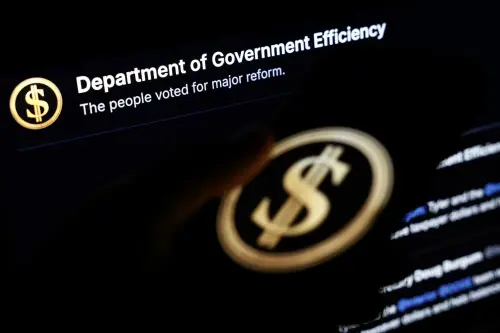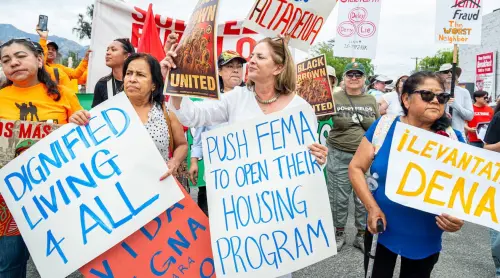On Sunday, Colombians go to the polls to elect a president. Most observers expect the election to be decided in a second round runoff that incumbent Juan Manual Santos is all but certain to make. As President Santos asks voters to return him for a second term, it marks the first competitive reelection campaign in the country’s modern history.
In 2012, Brian Faughnan and I wrote, “Presidential Pandering: How Elections Determine the Exercise of Executive Power in the U.S. and Colombia.” In it we describe electoral incentives and structures drive presidential behavior. We examined how American and Colombian presidents are motivated to use unilateral, executive actions to connect with critical constituencies at key times. For example, because the Colombian president is elected by a national plebiscite, he must focus on promoting policies that are broader or universalistic in nature and that appeal to the median voter—policies popular with a majority of the national electorate.
In the paper, we noted President Santos, midway through his first term in 2012, was already pursuing two specific efforts with broad national support. The first was implementation of Ley de Víctimas y Restitución de Tierras (or simply Ley de Tierras). Ley de Tierras is a restitution law focused on persons displaced by decades of war in Colombia. Under the program, citizens can submit claims for land or transfers. Despite broad support, implementation of the law has been slow and rocky. Lawsuits and claims of bureaucratic inefficiencies have rattled a Santos administration, pursuing reelection.
The second effort, popular among Colombians, involved peace negotiations with FARC. Wars with the cartel-driven revolutionary group have wrought havoc on the Andean nation and Colombians would prefer a peaceful, negotiated resolution. President Santos has pursued this effort, even in the face of vocal opposition from his predecessor, Álvaro Uribe. Additionally, as Colombians remain in favor of dialogue with the FARC in an effort to end the decades-old war, a recent Gallup poll also shows that they are frustrated with the perceived lack of progress being made in Havana. As polling has tightened in the final stretches of the first round of the campaign, Santos has reaffirmed his continued negotiations with FARC. In fact, a week before the election, Santos announced an agreement curtailing FARC’s involvement in illegal drug activities—a move that was lauded by both US Secretary of State John Kerry and UN Secretary General Ban Ki-moon and allowed the Santos campaign to claim to the negotiation-weary populace that talks had reached a midpoint.
Will Santos win reelection? He is essentially assured a spot in a second round runoff, due in large part to his ability to connect with large numbers of voters who support key parts of his agenda. As the election wears on, Santos’ success may hinge on how well he talks to FARC and more importantly, the extent to which he can convince Colombian voters that actual progress is being made.
The complete paper can be found by clicking here.
The Brookings Institution is committed to quality, independence, and impact.
We are supported by a diverse array of funders. In line with our values and policies, each Brookings publication represents the sole views of its author(s).




Commentary
FARC as a Key Player in the Colombian Presidential Election
May 23, 2014